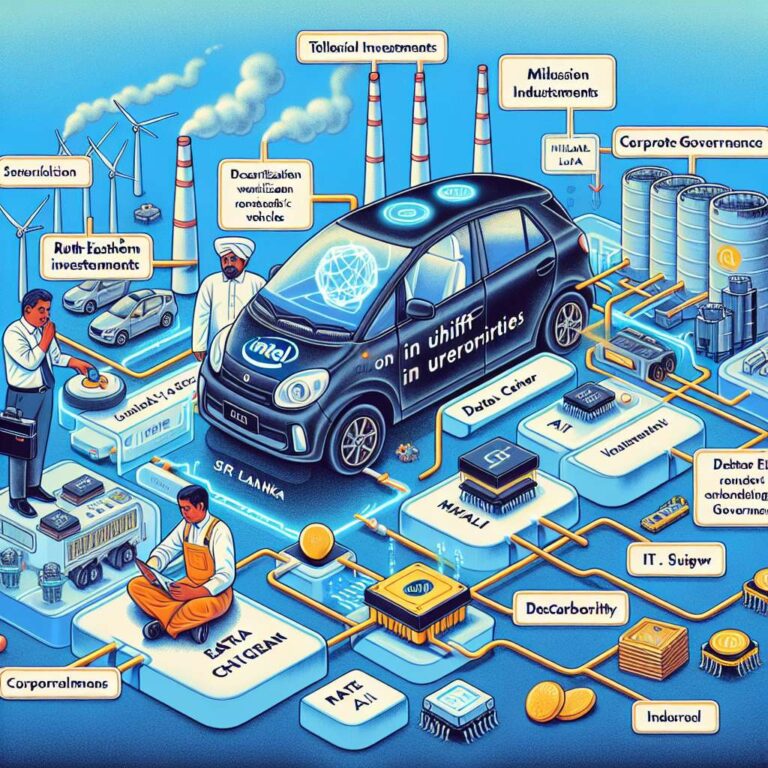Nikkei Asia’s Business page is led by the revival of Sri Lanka’s auto market, where electric vehicles are taking the lead as Chinese brands such as BYD move in after a five-year industry hiatus. Geopolitical risk looms large in the region, with analysis warning that Asia would be the biggest loser if Iran throttles the Strait of Hormuz, a chokepoint that carries 80% of the crude oil and LNG bound for the region. Deal activity in China’s health sector is accelerating, with a Caixin piece describing a “DeepSeek moment” for biotech driven by a new class of oncology drugs, while India’s equities scene eyes an IPO resurgence even as investors remain selective.
Digital infrastructure and Artificial Intelligence are another through line. NTT Data plans to open a new colocation-focused data center in Thailand this year that will also handle Artificial Intelligence applications, adding to its footprint in the country. Thailand’s CP Group is investing in Artificial Intelligence and large-scale data centers to strengthen its telecom arm, with a subsidiary partnering with Intel to provide corporate Artificial Intelligence services; the company touts a facility exceeding 20 megawatts that it calls a national first. Opinion and feature content probe the implications, including an argument that in a future where Artificial Intelligence is the norm, data becomes the decisive asset, alongside a Council of Europe move in 2024 seen as an early step in regulating Artificial Intelligence. A film feature asks why learning English still matters as machine translation races ahead.
Energy and commodities headline multiple entries. A report details how a potential Israel Iran conflict threatens India’s regional energy and transport links. Thai utility EGCO is buying 49% of the Downeast Wind project in Maine to expand its renewables portfolio, while Mitsubishi Corp. is ramping up its U.S. solar push amid pressure to use U.S.-made components. China’s exports of rare earths to the U.S. fell 80% in May, with Japan also affected by declining shipments of the critical inputs. Climate-related pieces underscore heat risks in Japan and an opinion calling on Japan’s top investors to support a cleaner energy mix.
Markets and corporate governance round out the stream. Japan plans to cut issuance of superlong government bonds after record yields, and the Nikkei 225 index will drop NTT Data in favor of electronics maker Rohm. In autos, Toyota links upcoming U.S. price increases to market trends rather than tariffs, saying the changes will apply to vehicles made from July 1 while it absorbs tariff costs for now. Shareholders at Japan’s Taiyo ousted the company’s president, while a Japan, U.K. and Italy venture named Edgewing advances a next-generation fighter jet aimed for 2035 deployment. The stream also features coverage of international student policy in the U.S., strong aviation oversight in India amid crash inquiries, and cultural and travel pieces, from BTS’s anticipated return to Osaka Expo’s sky garden.

